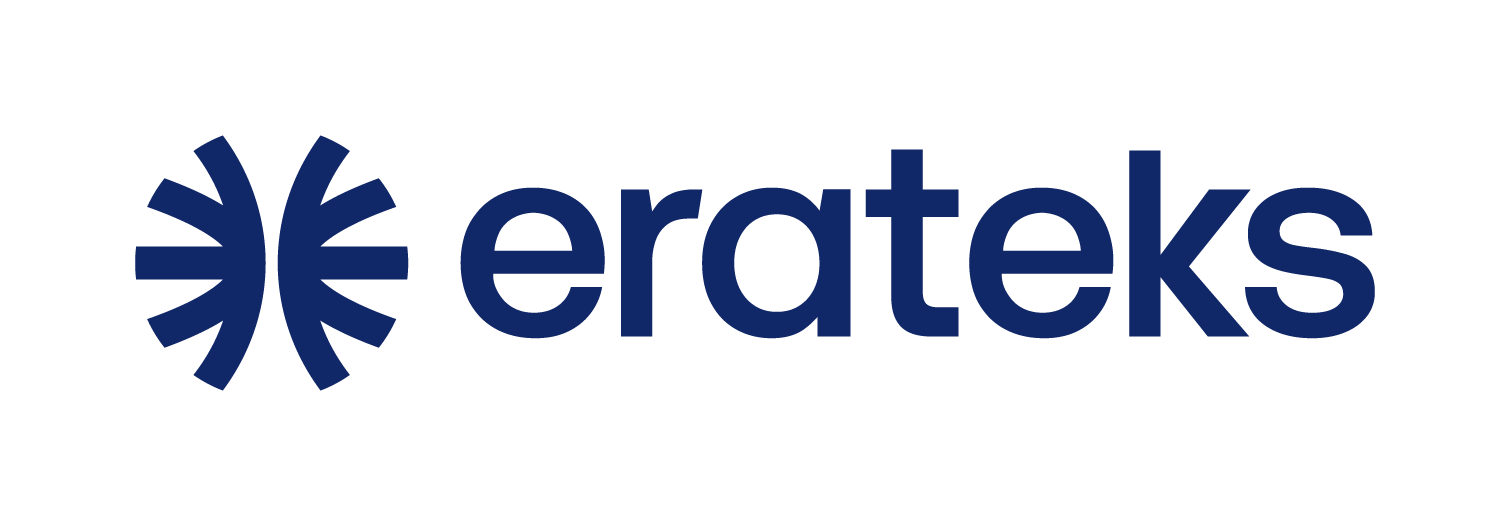Sustainability
Sustainability Vision 2030
Inspired by the sustainability visions of PUMA, adidas, and other global partners, Erateks implements integrated and impact-driven initiatives across environmental, social, and governance areas. Through this holistic approach, Erateks acts as a responsible and transformative supply chain partner, delivering tangible contributions to the United Nations Sustainable Development Goals.
Engage and Collaborate for Partnership
With Erateks to bring innovative, sustainable sportswear to life. Let's create something unique together.
